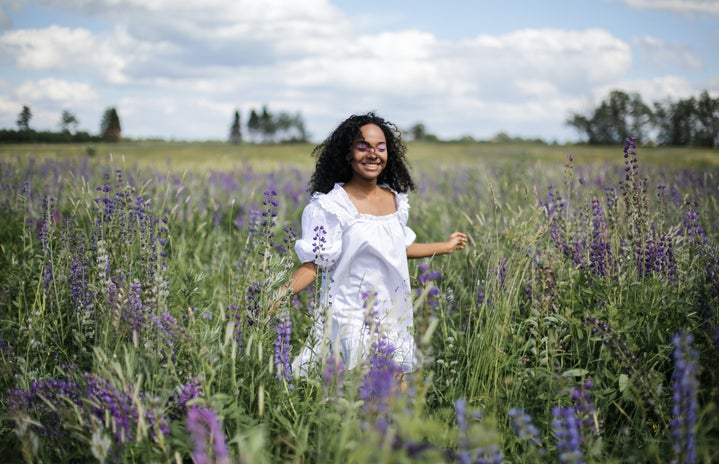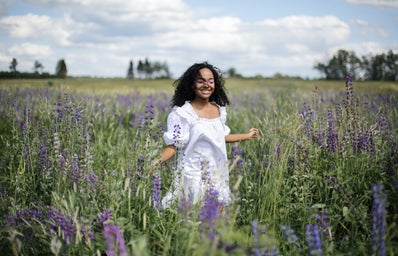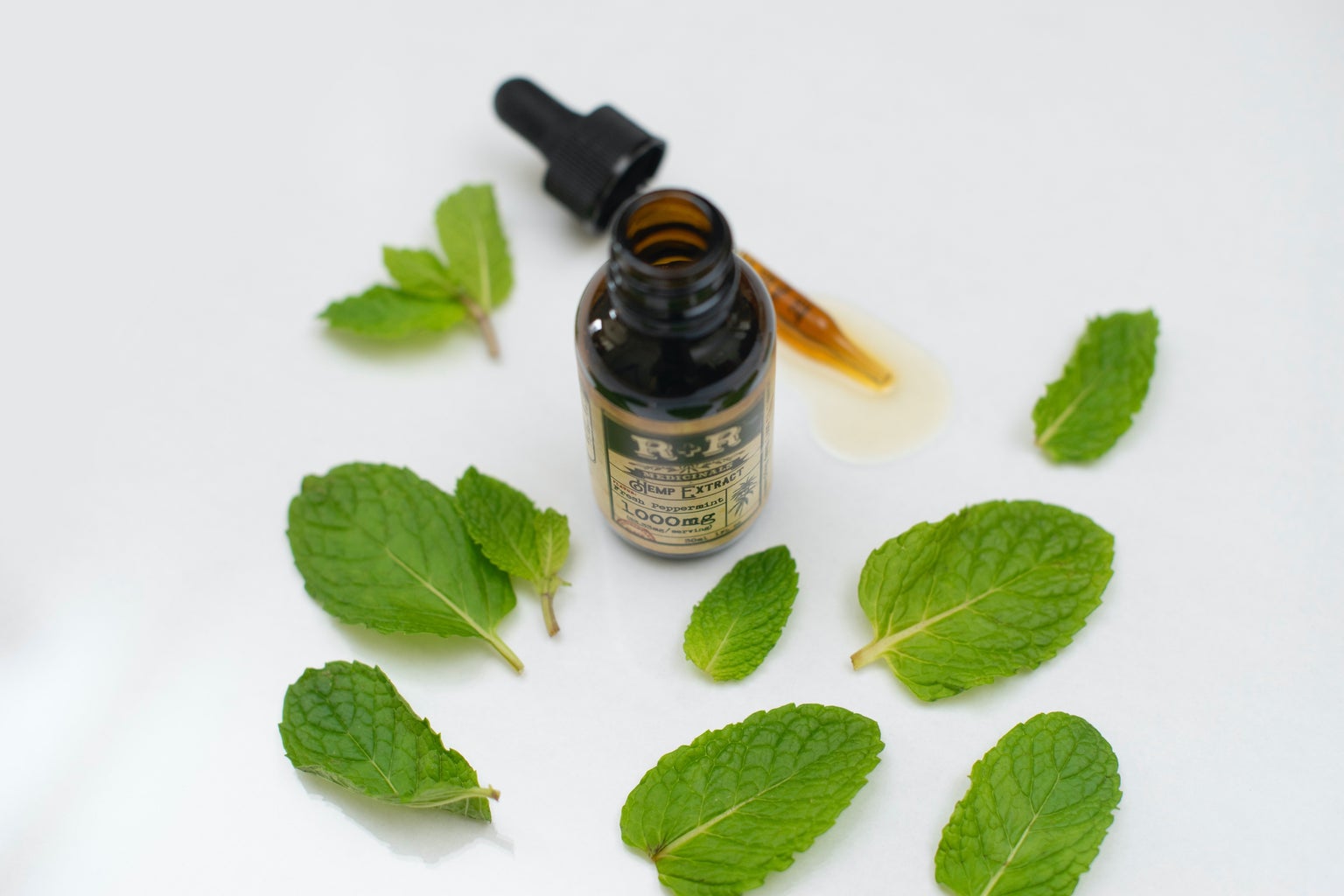Our days have become increasingly busy due to the pressure of the countless demands we must achieve in different places: at work, in our financial life, in the family, or at leisure. Therefore, we often stop taking care of ourselves to carry out other tasks, consequently, it is inevitable that stress and anxiety have been gradually increasing in recent times.
There are countless ways to deal with our health, the main one is allopathic therapy or treatment, that is, traditional medicine, which seeks to deal with diseases through medication. Aromatherapy treats illnesses through essential oils, but did you know that aromatherapy can also help with stress, anxiety, and other daily problems?
We interviewed Anna Claudia Del Nero, a dentist who graduated from UNISA, Maria Angela Barra, who has an aromatherapist´s office, and Fernanda Gonçalvesn who is a constant user of aromatherapy, to create a better understanding of the effects of essential oils.
But after all, what is aromatherapy?
Aromatherapy is an alternative treatment, that uses essential oils, extracted from plants – which can be applied through topical, oral, or inhalation – to prevent and reduce the symptoms of various diseases, causing changes in emotions and behaviors.
Essential oils have a vegetable origin and it is important to highlight that each type has your specificities, and this type of alternative therapy can stimulate, heal, or calm you down.
Del Nero states: “Aromatherapy directly influences people’s emotions, helping to calm the environment.”, she also talks about the commonness that she uses scents that transform her office into a more inviting environment, to relieve people’s tension, as it is a place where many feel anxious. The dentist believes her patients feel calmer in the same place as those essences.
Some examples of these most commonly used essential oils are lavender oil, which helps to treat stress and depression and can be calming, tranquilizing, tension-reducing, and mood-boosting. Geranium oil is recommended for treating anxiety as it has a relaxing effect.
What do essential oils do to our body?
According to clinical aromatherapist Barra, “When inhaling the essential oil, it enters the bloodstream and can go to the tissues and organs or the limbic system, from the latter it reaches the hypothalamus and cortex. In the hypothalamus, the endocrine and nervous system will be worked on, while in the cortex, memory and emotion will be addressed.”
Although essential oils have many favorable effects on our body, we must pay attention to the dosages!
Barra also states that the side effects depend on the dosage and lack of knowledge about essential oils. These are very strong, so not all oils can be inhaled, applied to the skin, or ingested.
People need professional support to start a treatment so the patient knows which oil is ideal and the right dosage.
Maria Angela Barra
But can aromatherapy replace the use of allopathic remedies?
Essential oils should not be used in intense treatments, following medical recommendations, however, they serve as a complement and can be used in cases of minor wounds, such as diaper rash, insect bites, or first-degree burns, despite this, there are exceptions.
“I believe that in some cases aromatherapy helps but does not cure, for example, in cases of migraines,” Del Nero stated.
It does not replace but is complementary to a treatment so that we use less medication.
Anna Claudia Del Nero
Is the placebo effect related to aromatherapy?
“It goes beyond the placebo effect, it makes a difference if used correctly, frequently, and with discipline, it has an effect, it’s not just a psychological thing,” Del Nero affirms.
Barra states: “Well indicated, administered, within the correct dosages and proportions, aromatherapy has nothing to do with the placebo effect.”
Gonçalves, a frequent user of it, states that when using lavender oil in the environment, she feels a sense of peace: “I see that aromatherapy works, it affects your skin, when we breathe in that oil we feel instant well-being.”
How to add aromatherapy to your daily life?
Gonçalves claims that she started using aromatherapy after a situation with her son and realized that treatment with essential oils is very effective on our health: “I looked for alternatives, outside of allopathic treatment, that’s when I discovered tea tree oil, it served very well in a situation with my son who had a fissure, it worked even better than the ointment prescribed by the doctor.”
Diffusers are great options for those who want to add aromatherapy to their routine, as aromatherapist Barra states: “Diffusers are easily found in stores, you use a dosage of water to prepare the proportion of oils. Depending on the size of the environment, the oil dosage changes, but normally 5 to 8 drops of essential oil are added to the diffuser.”
Aromatherapy does not replace traditional medicine but can be used as a complement, which alleviates pre-existing symptoms and helps the well-being of those who use it, as long as they are aware and have professional support.
———————————————————
The article above was edited by Fernanda Miki Tsukase and translated by Julia Tortoriello.
Like this type of content? Check out Her Campus Casper Libero for more.



